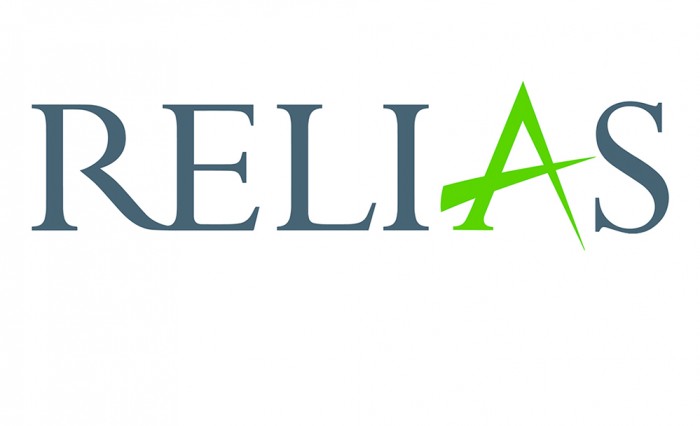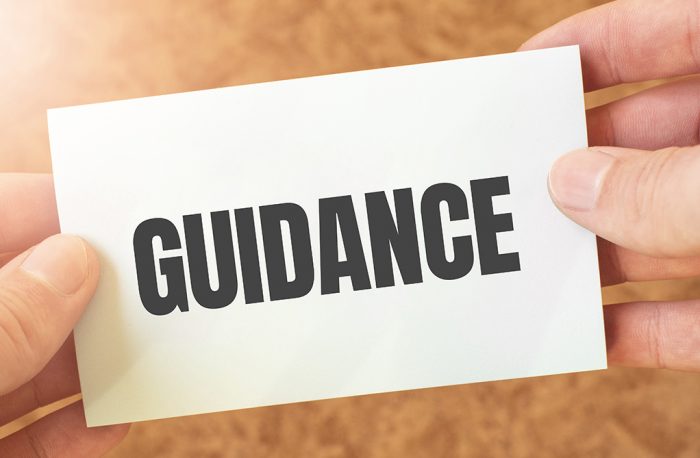Webinar Planned for June 8 on PA ABLE Savings Program
The Pennsylvania Department of Human Services (DHS) Office of Long-Term Living (OLTL) announced that they will be offering a webinar on the topic of the PA Achieving a Better Life Experience (ABLE) Savings Program. The webinar is scheduled for June 8, 2023, from 10:00 am – 11:00 am and will be presented by a representative of the PA Treasury Department.
A PA ABLE account gives individuals with qualifying disabilities (eligible individuals) and their families and friends a tax-free way to save for disability-related expenses while maintaining government benefits. Federal and state law authorized the creation of PA ABLE accounts.
OLTL Service Coordinators, Direct Service Providers, Community HealthChoices (CHC) managed care organization (MCO) staff, and any individuals that work on employment are strongly encouraged to participate in this webinar to assist with understanding the PA ABLE Program and how it can benefit OLTL participants.
Please register here. After registering, you will receive a confirmation email containing information about joining the webinar.
Questions about this webinar should be directed to Ryan Dorsey, OLTL.
Well-Being at Work: Promoting Positivity in the Workplace — Relias Webinar on June 1
A workplace culture that prioritizes well-being improves employee engagement and increases the retention of passionate, competent staff. Research shows that positivity is essential to promoting well-being, yet many still have a very misguided view of what positivity really means. Over the last several years, however, researchers have proven that we can measure, induce, and cultivate greater positivity.
Join Relias Thursday, June 1, 2023, to hear Michele Mavi and Liana Slater, Co-Founders of Monumental Me, discuss what positivity means and tips on cultivating greater positivity on your team to increase well-being at work.
- Webinar date: Thursday, June 1, 2023, at 2:00 pm ET
- Speaker: Michele Mavi, Co-Founder of Monumental Me
- Learning Objectives:
- The importance and impact of positive emotions
- The domains of threat in the workplace
- Why focusing on relationships and trust is critical
Shapiro Orders Development of 10-Year Master Plan to Help Older Adults
IRF Review Choice Demonstration Flowchart and Operational Guide Released by CMS
On Thursday, May 25, the Centers for Medicare and Medicaid Services (CMS) posted updated information to the Inpatient Rehabilitation Facility (IRF) Review Choice Demonstration (RCD) website. Included in this updated information is the Review Choice Demonstration for Rehabilitation Facility Services Operational Guide and the IRF RCD Process Flowchart. The flowchart is also contained as an appendix in the operational guide.
The Operational Guide provides additional detail on the processes for IRFs impacted by the RCD. The IRF RCD is expected to begin in Alabama on August 21, 2023. The next phase of the rollout has not been shared yet; however, Pennsylvania is expected to be one of the next states to be impacted.
Open for Public Comment: Proposed ODP Waiver Amendments and Rates for Select Services in FY 2023/24
ODP Announcement 23-043 shares that the proposed amendments to the Consolidated, Person/Family Directed Support (P/FDS), Community Living, and Adult Autism Waivers and proposed rates for select services are available for public review and comment. There is a 30-day public comment period that starts on May 27, 2023, and ends on June 27, 2023, at 11:59 pm.
These proposed changes are scheduled to take effect November 1, 2023. ODP is also making available for public review and comment the rate setting methodology and fee schedule rates for select services in the waivers that are scheduled to take effect January 1, 2024.
The waiver amendments in their entirety can be found here.
Additional fee schedule rates are being added for:
- Group music therapy, art therapy, and equine assisted therapy services provided through the Consolidated, Community Living, and P/FDS Waivers.
- Needs Group 5 Residential Habilitation services provided through the Consolidated Waiver and Life Sharing Without Day Services provided through the Consolidated and Community Living Waivers.
The new Specialty Health Assessment and Coordination service in the Consolidated, Community Living, and P/FDS Waivers will be reimbursed monthly as a vendor service based on the cost that the provider charges to the general public. The rate changes proposed above are planned to become effective January 1, 2024.
In addition, ODP proposes to adopt the temporary enhanced rates for CPS and Transportation Trip as the fee schedule rates on November 1, 2023.
Information regarding the proposed waiver amendment changes and rates, including how to provide comments, can be found in the Pennsylvania Bulletin, Volume 53, Number 21, published on Saturday, May 27, 2023.
Comments and requests for copies of this notice and documents may be submitted to ODP via email. Comments submitted should use subject header ”Waiver and Rate Comments.” There are also webinars scheduled to provide public comment.
RCPA will be asking members for their input to our comments as well and will schedule a meeting to review this information shortly. If you have any questions or comments that you would like to be sure we include, please contact Carol Ferenz or Cathy Barrick.
Social Innovations Vol. 18 Now Available — Capturing Social Innovation Models by Marginalized Communities
Deputy Secretary Ahrens Responds to Association Concerns Regarding SIS Reassessments
Agenda Released for June MLTSS Subcommittee Meeting
The agenda for the June 1, 2023, Managed Long-Term Services and Supports (MLTSS) Subcommittee meeting has been released. The meeting will take place from 10:00 am – 1:00 pm and will be held at the Pennsylvania Department of Education in the Honors Suite, 1st Floor, at 333 Market Street in Harrisburg. The meeting will be held in person and will also offer the ability to participate via webinar and remote streaming. The links to participate are provided below.
Comments and questions may be sent electronically.
Conference line/Bridge Number:
1-562-247-8321
PIN: 856702912#
Webinar Link
Remote Streaming Link
The next meeting is scheduled for July 6, 2023.
Open for Public Comment: Concept Paper on Selective Contracting for Residential and Supports Coordination Services
ODP Announcement 23-042 informs stakeholders that a 45-day public comment period on the Office of Developmental Programs (ODP) proposal to implement Selective Contracting for Residential and Supports Coordination (SC) services has begun. Public comment will be accepted until 11:59 pm on July 10, 2023. ODP intends to change the way providers are enrolled, qualified, and paid to deliver the following services through selective contracting:
- Residential Habilitation, Supported Living, and Life Sharing in the Consolidated and Community Living Waivers;
- Supports Coordination in the Consolidated, Community Living, and Person/Family Directed Support (P/FDS) Waivers; and
- Targeted Support Management in the Medicaid State Plan.
Selective Contracting allows ODP to improve the quality of these services by:
- Moving beyond contracting with any willing and qualified provider and instead requiring providers to meet specific criteria set by ODP;
- Developing a class of “preferred providers” using new performance standards that align with Everyday Lives; and
- Aligning payment with outcomes.
You can view the Selective Contracting Concept Paper, which provides a general overview and technical details associated with ODP’s current ideas about selective contracting.
ODP will also be hosting stakeholder webinars to review the concepts in the Selecting Contracting Concept Paper, answer questions, and provide an opportunity for public comment. See the announcement for the dates and registration details for the stakeholder sessions.
Comments received by 11:59 pm on July 10, 2023, will be reviewed and considered by ODP in determining how to implement selective contracting. Public comment may be submitted through one of the following methods:
- Electronic submission through email;
- Written submission through mail, addressed to: Julie Mochon, Department of Human Services, Office of Developmental Programs – 625 Forster Street, Room 510, Harrisburg, PA 17120; or
- Verbal submission through one of the public comment webinars. Comments from stakeholders identified for each session will be prioritized.
Questions about this communication should be sent electronically.


















